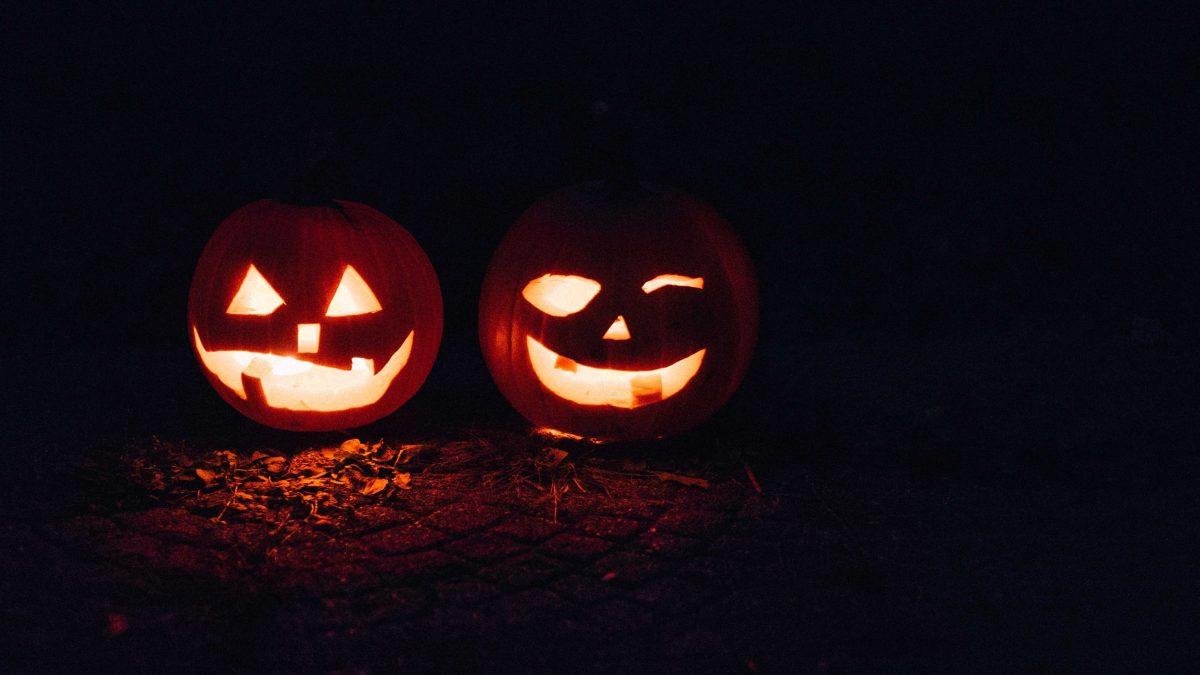A Native American, a Geisha and a Mexican all walk into a bar. What is the joke? They’re all actually white.
With today being Halloween, it is once again that time of the year where Twitter users from far and wide bring up the age-old “debate” of cultural appropriation in costumes. However, the harsh fact of the matter is that this topic is anything but a debate. Instead, it should be a conversation where minorities get to speak, and those not of the marginalized groups get to listen.
Cultural identity is not a mask or a facade for those who live in it every day. Minorities can’t remove the discrimination and trauma from their pasts and hang them back up in a closet. Yet somehow, we still see the most popular costumes to this day, both in-store and online, depicting cultures as dress-up.
Not to mention, the models for these costumes are nearly always white. It’s like these production companies are almost purposely making a caricature of minorities for a profit, essentially playing off the dehumanization of marginalized groups.
Even if the person wearing the insensitive costume has good intentions, it comes across as a form of privilege to be able to parade around for a single night as something they aren’t and will never understand to be. They’re playing a stereotype of people that actually exist.
From Julianne Hough’s Orange Is the New Black costume in 2013 to the recent pictorial release of Justin Trudeau’s college costumes, it seems like blackface has not yet been eradicated from our history of misappropriation. However, cultural appropriation extends beyond coloring yourself a different race.
Gypsy, Egyptian and Arabian costumes are just as offensive, just in their composition of overtly sexualized or exaggerated features. Further, costumes negatively portraying the themes of transgender people and mental illnesses only further pushes stigmas about the topics.
Amongst popular justifications, we tend to frequently see the “I know a minority, and they said it’s okay” excuse. Even if this typical comment is true, one person doesn’t speak for the majority of the millions that have faced an oppressed history and are still oppressed today.
Another common deflection of cultural appropriation is the rationalization that it’s “just a costume” and not meant to “be a racist thing.” Why is it only minorities that are always a costume and not ever white people? I’m sorry Brad, but I seriously doubt that your costume is celebrating the historic prevalence of Cinco de Mayo and has nothing to do with your best friend’s ICE costume.
So, where do we draw the line between offensive and not? Many parents have questioned the ethics of dressing up their children in costumes that depict characters from movies such as Moana and Black Panther. Other Halloween goers, predominantly college students, have debated the morality of dressing up as actual people like former President Barack Obama or rapper Kodak Black.
In simple terms, these costume examples represent defined fictional characters or real-life celebrities that can be portrayed to certain extents. As always, going to the length of painting skin to depict another race is a bad idea. However, if you’re having to still ask yourself “is this ok?” then it probably isn’t.
Gabrielle Martinez is an 18-year-old mass communication freshman from Gonzales, Louisiana.







